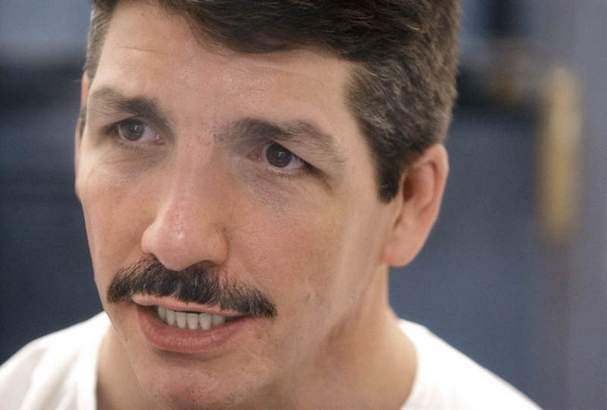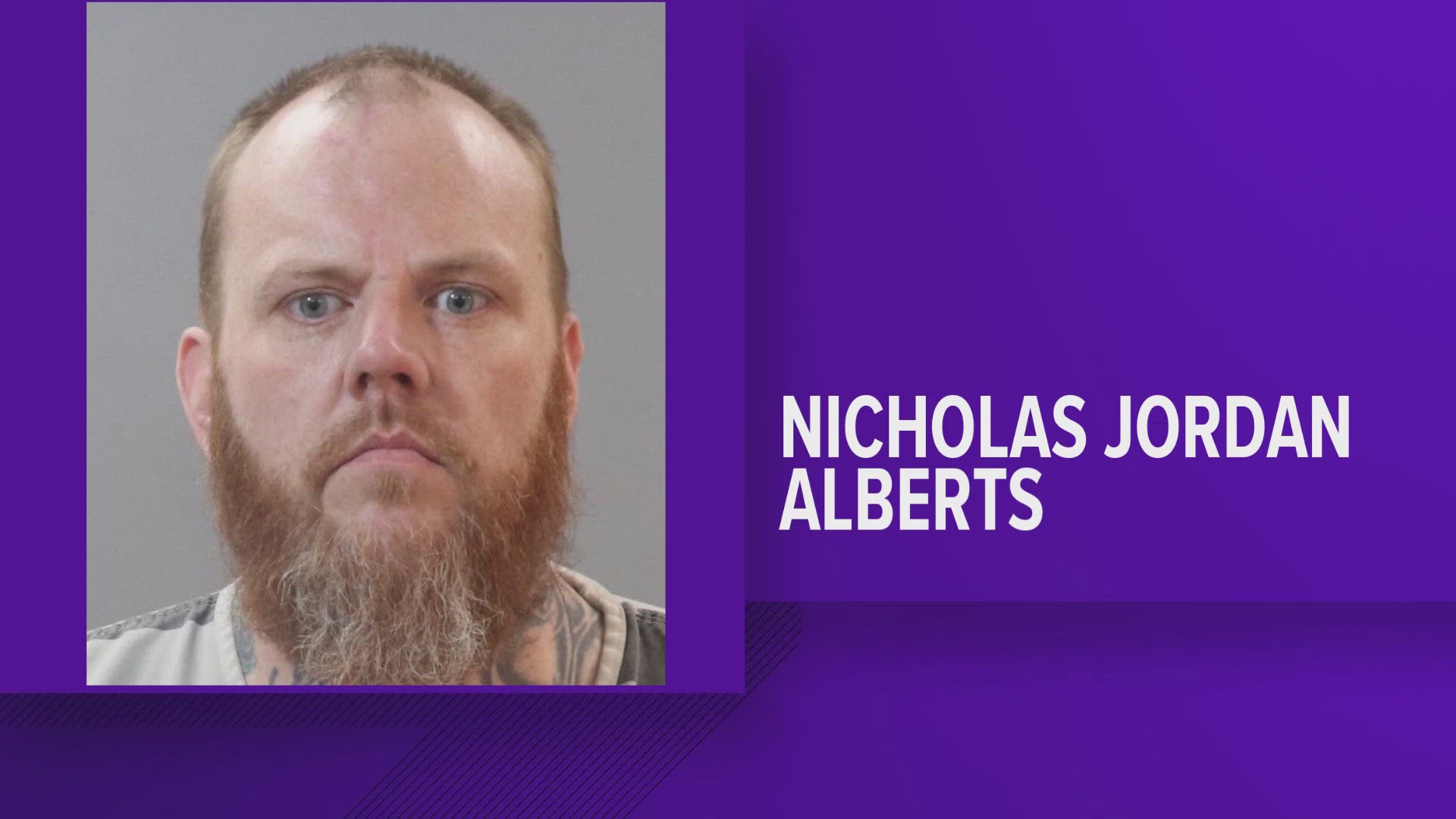Hours after convicted mass murderer Paul Dennis Reid died, his relatives said they hoped it would bring closure to the families of his seven victims.
But news of Reid's death brought no relief for Clarksville resident Connie Black, whose daughter Michelle Mace was gunned down in 1997 during one of Reid's three fast-food-restaurant shootings.
"It wasn't supposed to happen this way," she said. "He just died a normal death like everyone else."
Reid, who sat on Tennessee's death row since 1999, died at Nashville General Hospital at Meharry at 5:55 p.m. Friday. He was 55.
The Tennessee Department of Corrections confirmed the death but offered no cause. The state medical examiner is expected to determine the cause in the near future, said Department of Corrections spokeswoman Dorinda Carter.
Reid was rumored to be in ill health at Nashville General for the past week, but representatives from the hospital and the corrections department declined to comment on his condition.
In a statement through the family's attorney, Reid's sister, Linda Martiniano, thanked those who cared for Reid as he died and asked for time to grieve privately.
"This has been a very painful chapter in our family's journey," Martiniano said in a prepared statement. "We know that the victim's families have also suffered, and we are very sorry for that."
Reid came to Nashville in 1995 with hopes of becoming a country music star years after being convicted of multiple armed robberies in Texas.
He worked at several Shoney's restaurants in Nashville before he was fired in February 1997. The next day, police found Reid's first victims, killed execution-style. Middle Tennessee residents lived in terror as Reid's crimes continued over the next two months.
Reid was arrested in Cheatham County in June 1997 after trying to kidnap the manager of a Shoney's restaurant where he once worked.
A judge sentenced him to death seven times, once for each victim he killed.
Defense attorneys and his family continually pressed to appeal his convictions in the years that followed amid concerns about his mental health. Reid repeatedly claimed he was under constant surveillance by the "military government" that had scripted his trial and had tried to manipulate him for decades.
Nevertheless, he accepted his convictions and embraced his death sentence, telling officials repeatedly that he was ready to die and did not want to mount further appeals in his case.
In a 2003 interview with the Leaf-Chronicle in Clarksville, Reid said he had "sincere, profound empathy" for the victims' families.
"I would say to the victims' families that if I have violated you or offended you in any manner, I plead for your forgiveness," he said.
Since 2002, multiple dates for execution had been set for the convicted killer, incarcerated at Riverbend Maximum Security Institution in Nashville, but each was halted after appeals by his attorneys.
In 2008, two state courts ruled him competent. In January 2013, the state Supreme Court declared his family could not continue to appeal his case without his consent.
After his death, Black was furious she and other victims' families were not notified by the Department of Corrections of his passing.
"They assured us that if he were to die, they would notify the families first,' she said.


